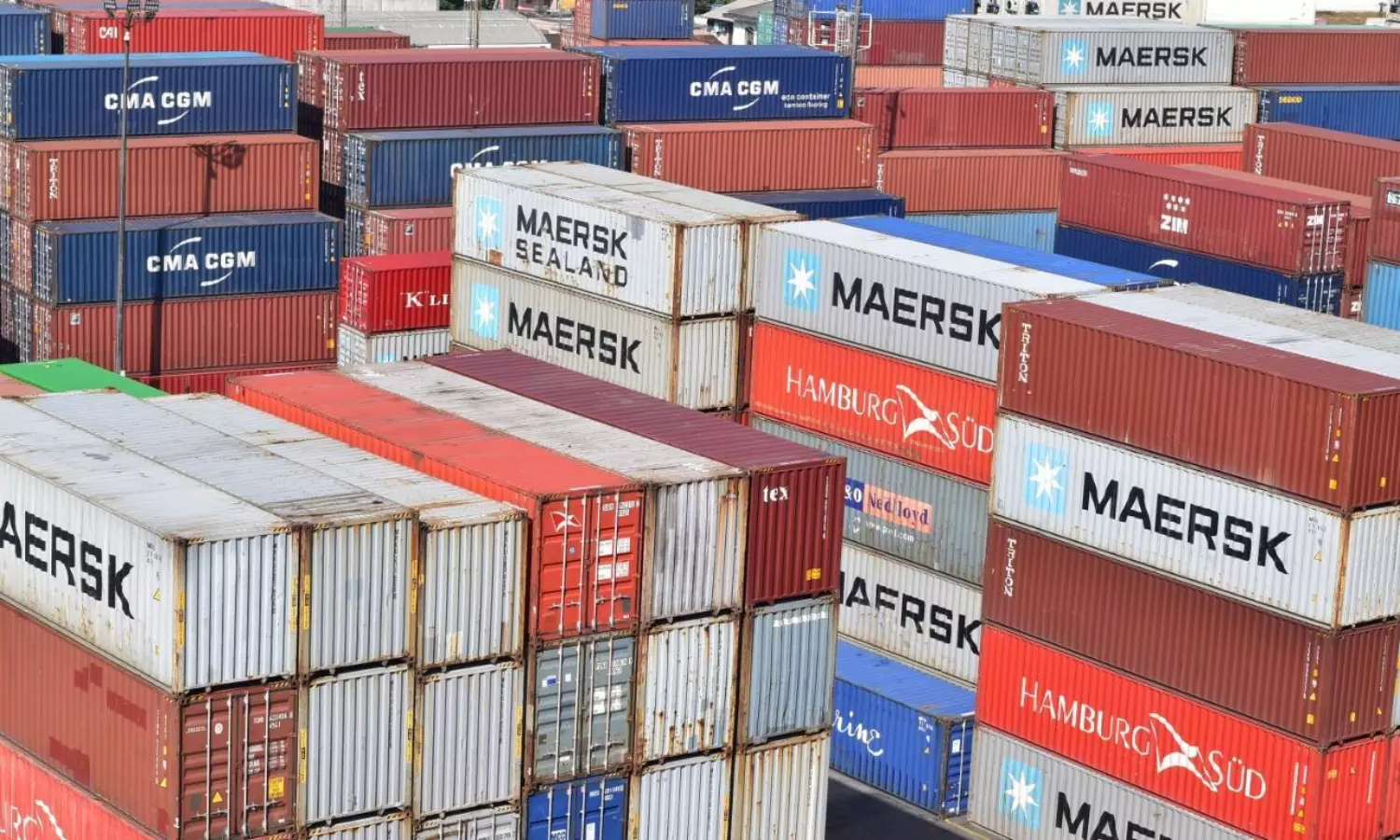Container prices drop in China but seen headed higher
Prices expected to decline for few days or weeks as ports in China experience restricted exports while still importing.

Photo by Andres Canavesi on Unsplash
Average container prices declined 12-18 percent in China during the last one month but are expected to increase in the coming weeks, according to an analysis by Container xChange.
"As the global supply chain prepared to recover from the collateral damage caused by Covid in 2022, China lockdowns hit the industry back at a time when the companies prepared to kick off the produce shipping season (April-July). Disruptions, one after the other, are taking capacity away from the market," the report said.
This time of the year is crucial for most companies as they begin to ship fresh production in preparation of the early peak season. "Lockdowns in China will not just be a production slowdown but also a slowdown of cargo movement, both being detrimental to the supply chain. While the ports in the United States will not feel the pinch before 3-5 weeks until the backlog improves."
For a 20-ft cargo worthy DC at Shenzhen, prices fell 18.8 percent from $2,800 on February 15 to $2,272 on March 20. At the port of Ningbo, 20 ft cargo worthy DC prices dropped over 13 percent from $2,603 on February 14 to $2,251 on March 20, 2022.
Container xChange feels, "going by how the average prices developed last year after the Ningbo port shut down (July –August 2021), we expect prices to increase in the long run. Zooming in, average prices are expected to decline for a few days or weeks as ports in China experience restricted exports while still importing. Once the Chinese ports fully resume operations, there will be pressure to deliver more containers which will lead to rise in average container prices in the next few months as the industry inches closer to the pre-peak season. What remains to be seen is whether the prices reach the old highs."
Shippers will need to plan their cargo much more in advance in 2022 than the last year, given the geopolitical scenario, the upcoming US West coast contract negotiations in July and the rail route disruptions. says Dr. Johannes Schlingmeier, Co-Founder and CEO, Container xChange. "In the coming months, the transpacific route will witness a major congestion, and shippers must think ahead and prepare for the worst as port congestion worsens, freight rates shoot up and capacity deteriorate."
"Lockdowns in China will further reduce capacity and cause a surge in already inflated shipping prices. The shockwaves will be felt across the U.S., and almost everywhere in the world," added Schlingmeier.


